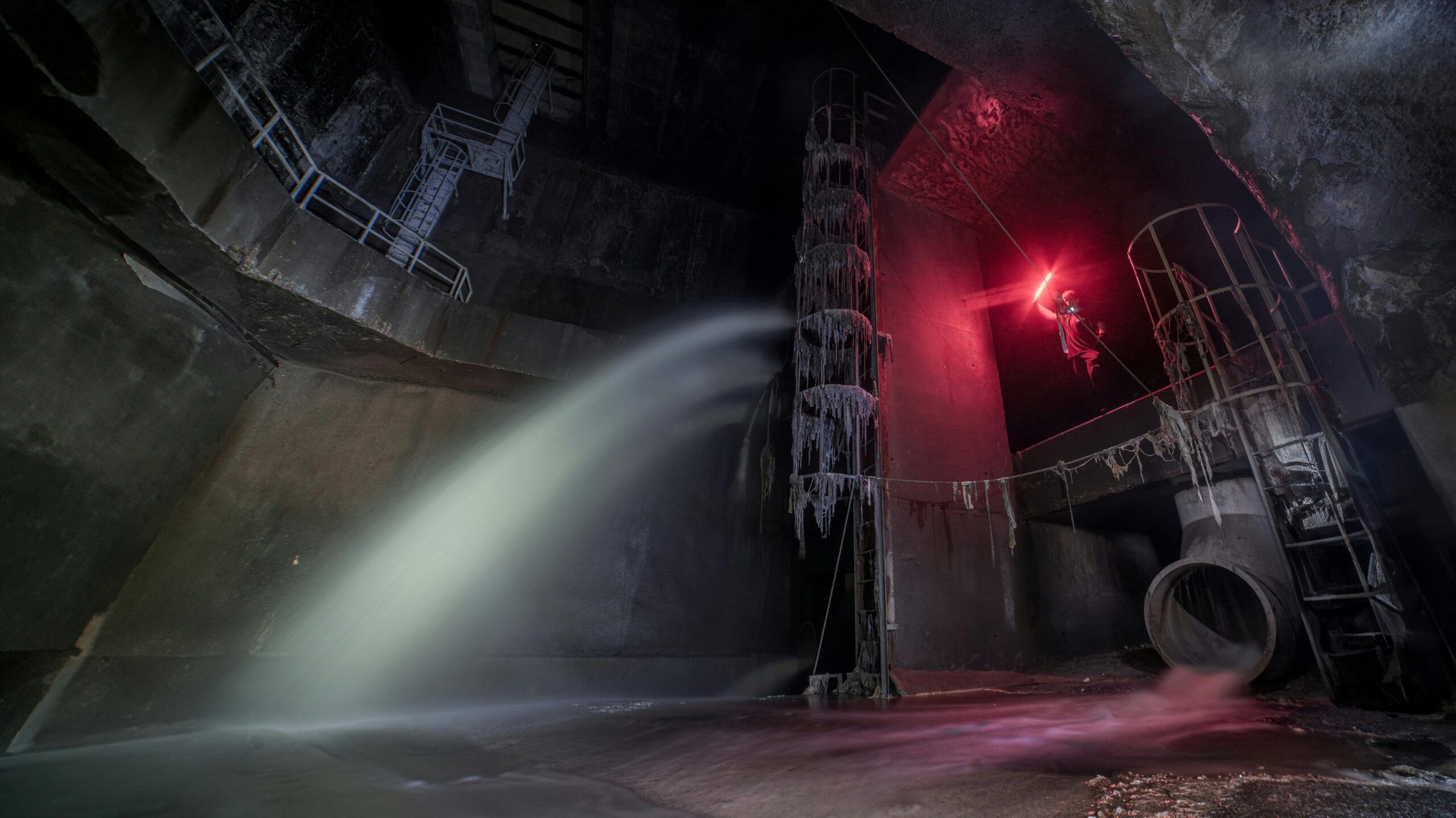Sewer line maintenance is a crucial aspect of home plumbing care, directly impacting the longevity and functionality of residential plumbing systems. Essential sewer line maintenance tips for homeowners focus on preventing blockages and costly repairs through regular sewer cleaning and preventive plumbing practices. Understanding these measures is important to ensure efficient waste disposal and to avoid plumbing emergencies.
- Regular sewer cleaning is vital to prevent buildup and blockages in sewer lines.
- Preventive plumbing techniques reduce the risk of extensive sewer line damage and costly repairs.
- Homeowners should recognize signs of sewer line issues early to address problems promptly.
- Proper disposal habits play a significant role in maintaining sewer line health.
- Professional inspections and maintenance services are recommended for comprehensive sewer care.
Sewer line maintenance involves routine practices performed to preserve the integrity and function of the underground pipes that carry wastewater away from residential properties. These pipes are subject to wear, blockages, and damage caused by various factors including debris accumulation, root intrusion, corrosion, and household misuse. Maintaining these lines is important to prevent plumbing emergencies such as backups, foul odors, or sewage leaks that can cause significant property damage and health hazards. This guidance is aimed at homeowners who seek to understand practical approaches to maintaining sewer lines through sewer cleaning and preventive plumbing strategies.
Sewer Line Maintenance Overview
Sewer line maintenance encompasses a range of practices intended to keep the wastewater system in optimal working condition. Sewer lines typically consist of PVC, cast iron, or clay pipes running underground from the home to the municipal sewer system or septic tank. Over time, these pipes can accumulate grease, hair, solid waste, mineral deposits, and even tree roots, which contribute to blockages and pipe deterioration.
Regular sewer cleaning is the most common maintenance activity and involves removing obstructions and buildup inside the pipe. This process can be performed mechanically using augers or hydro-jetting equipment that utilizes high-pressure water to clear blockages effectively. Preventive plumbing measures include avoiding the disposal of inappropriate materials such as grease, wipes, and large solids into drains, which are leading causes of clogs.
Common Sources of Sewer Line Issues
- Grease and Fat Accumulation: Cooking oils and fats solidify within pipes, creating stubborn blockages.
- Flushable and Non-Flushable Items: Items such as wipes, sanitary products, and paper towels that do not degrade easily cause clogs.
- Tree Root Intrusion: Roots seeking water infiltrate joints and cracks, causing physical damage and blockages.
- Pipe Corrosion and Age: Older pipes made of cast iron or clay are susceptible to cracking, rust, and corrosion.
- Mineral Deposits: Hard water can lead to scaling and narrowing of pipes over time.
Tips for Effective Sewer Line Maintenance
Preventive sewer line maintenance is critical for reducing the risk of costly repairs and emergency plumbing situations. The following tips are foundational for homeowners to help maintain healthy sewer lines.
- Schedule Periodic Sewer Cleaning: Professional sewer cleaning at intervals recommended based on home size and usage ensures debris and buildup are removed before blockages form. Hydro-jetting and snaking are common techniques.
- Dispose of Waste Properly: Avoid flushing or draining grease, cooking fats, wipes, feminine hygiene products, and paper towels. Use strainers in sinks to catch hair and food particles.
- Monitor Tree Proximity: Be aware of trees planted near sewer lines. Roots grow toward moisture and can damage pipes. Consider root barriers or consult professionals if roots are suspected in pipes.
- Inspect Pipes Regularly: Scheduling camera inspections can identify early signs of cracking, intrusion, or buildup that are not visible from the surface.
- Avoid Chemical Drain Cleaners: Harsh chemicals can erode pipes, especially older materials, and are not always effective at long-term blockage prevention.
Signs That Indicate Sewer Line Problems
Early detection of sewer line issues allows for timely intervention. Common signs that may indicate sewer line problems include:
- Slow drains throughout the home or multiple fixtures backing up simultaneously.
- Unpleasant sewage odors in the yard or near plumbing fixtures.
- Gurgling noises coming from drains or toilets.
- Patchy or unusually lush grass growth over sewer line locations caused by leaking wastewater.
- Water pooling in the basement or yard without a clear source.
Professional Sewer Line Maintenance Services
Engaging professional plumbing services ensures comprehensive examination and maintenance of sewer lines. Plumbers utilize advanced equipment such as video cameras to conduct detailed pipe inspections, enabling accurate diagnosis of pipe conditions and blockages. Professional sewer cleaning tools such as high-pressure hydro-jetting provide thorough clearing of lines in ways that standard household tools cannot achieve.
Moreover, licensed plumbers can advise on preventive plumbing measures tailored to individual home needs and perform pipe repair or replacement when necessary. Periodic professional maintenance complements homeowner efforts in blockage prevention and home plumbing care.
Summary
Proper sewer line maintenance is essential for the reliable operation of home plumbing systems. Regular sewer cleaning, careful disposal habits, routine inspections, and timely professional intervention are key to preventing blockages and damage. Homeowners benefit from understanding common causes of sewer line issues and implementing preventive plumbing practices to extend the lifespan of their sewer systems and avoid costly repairs.
For more detailed guidance and to schedule professional sewer line maintenance services, visit Jersey Plumbing’s website for expert assistance.

Recent Comments